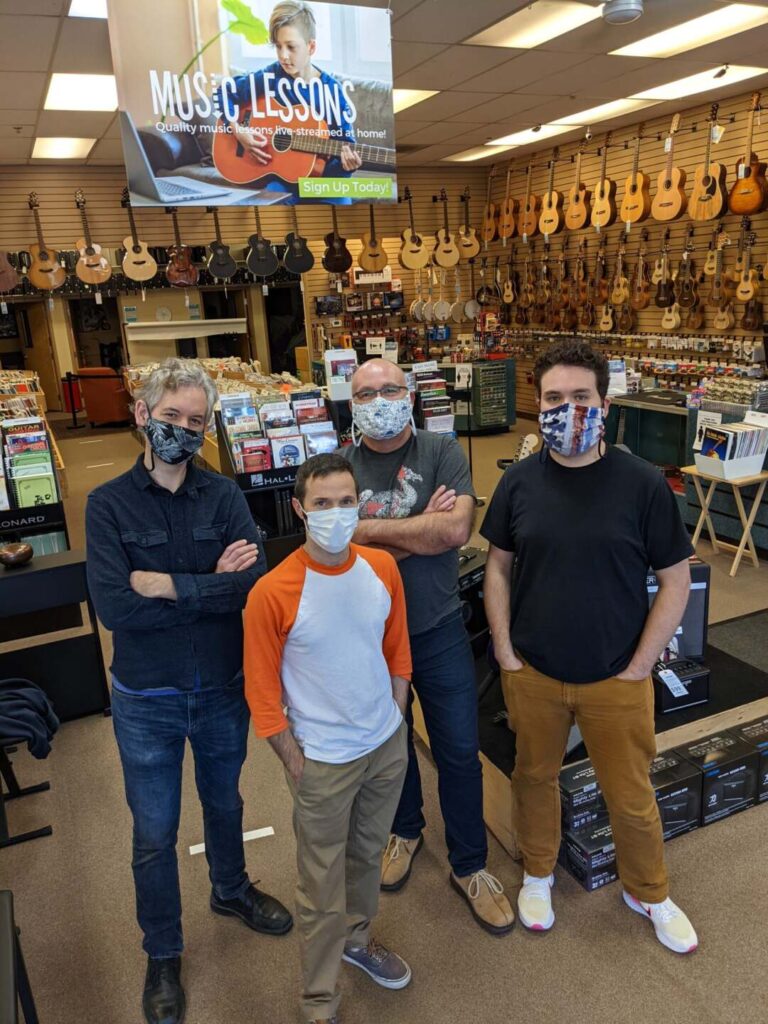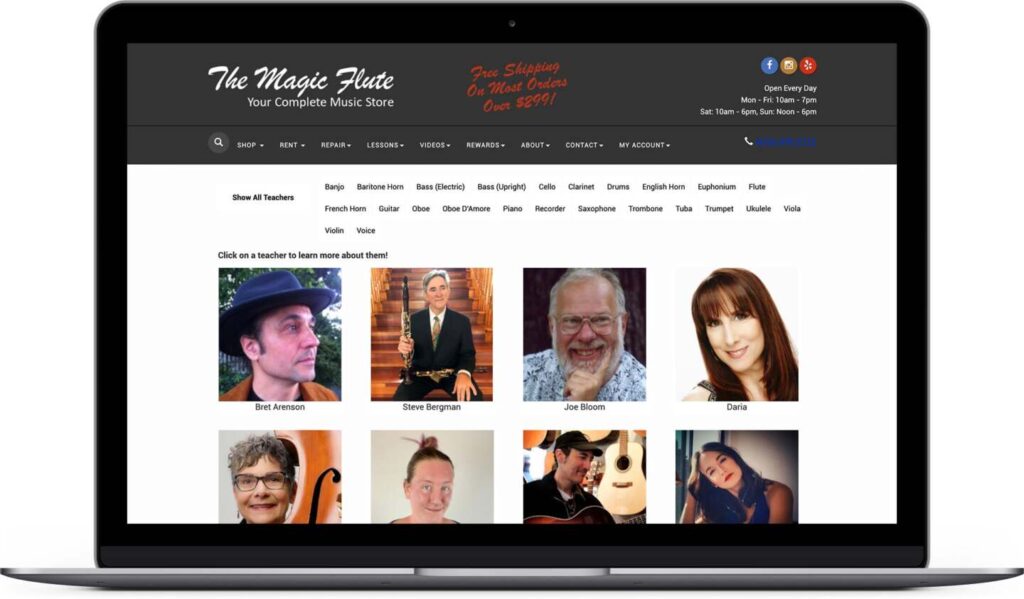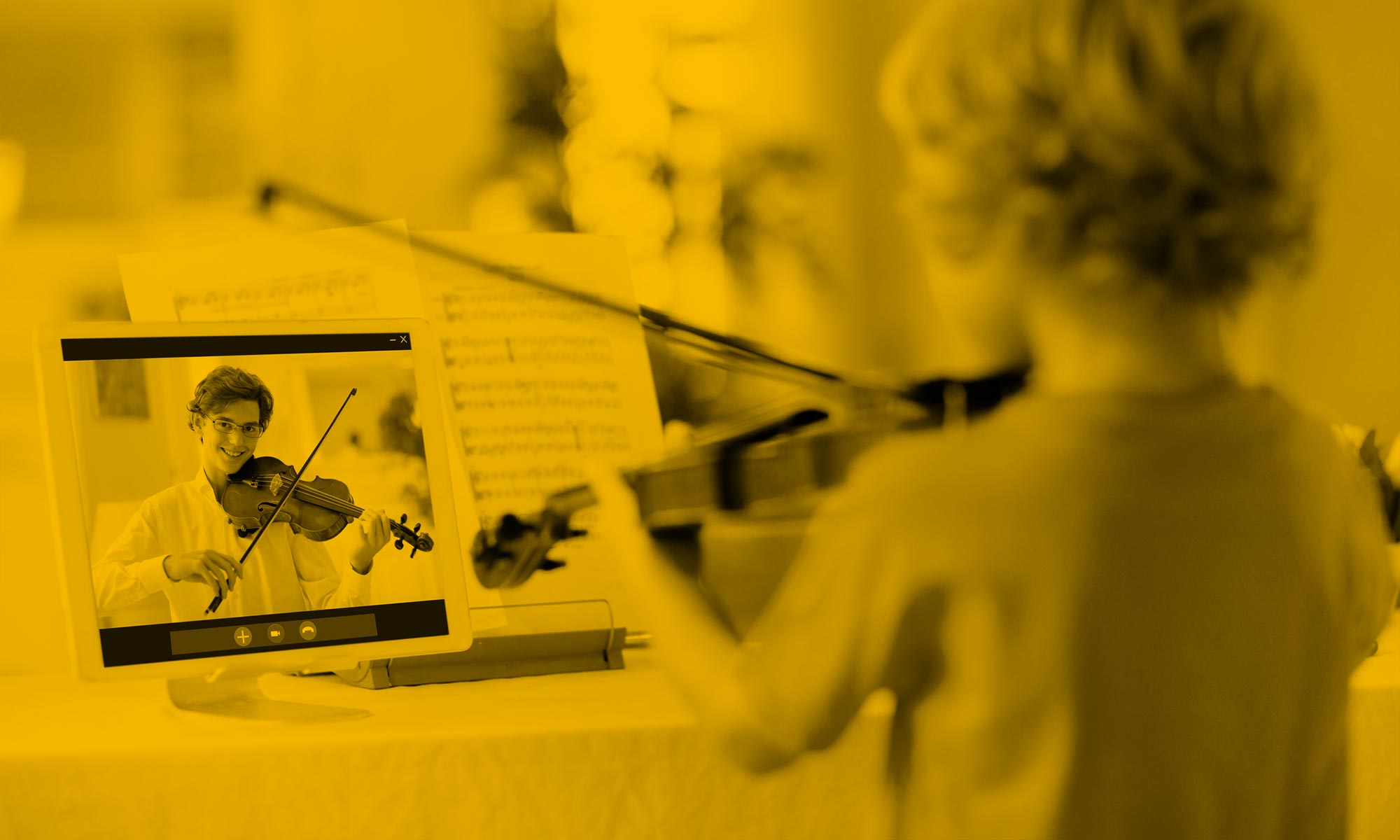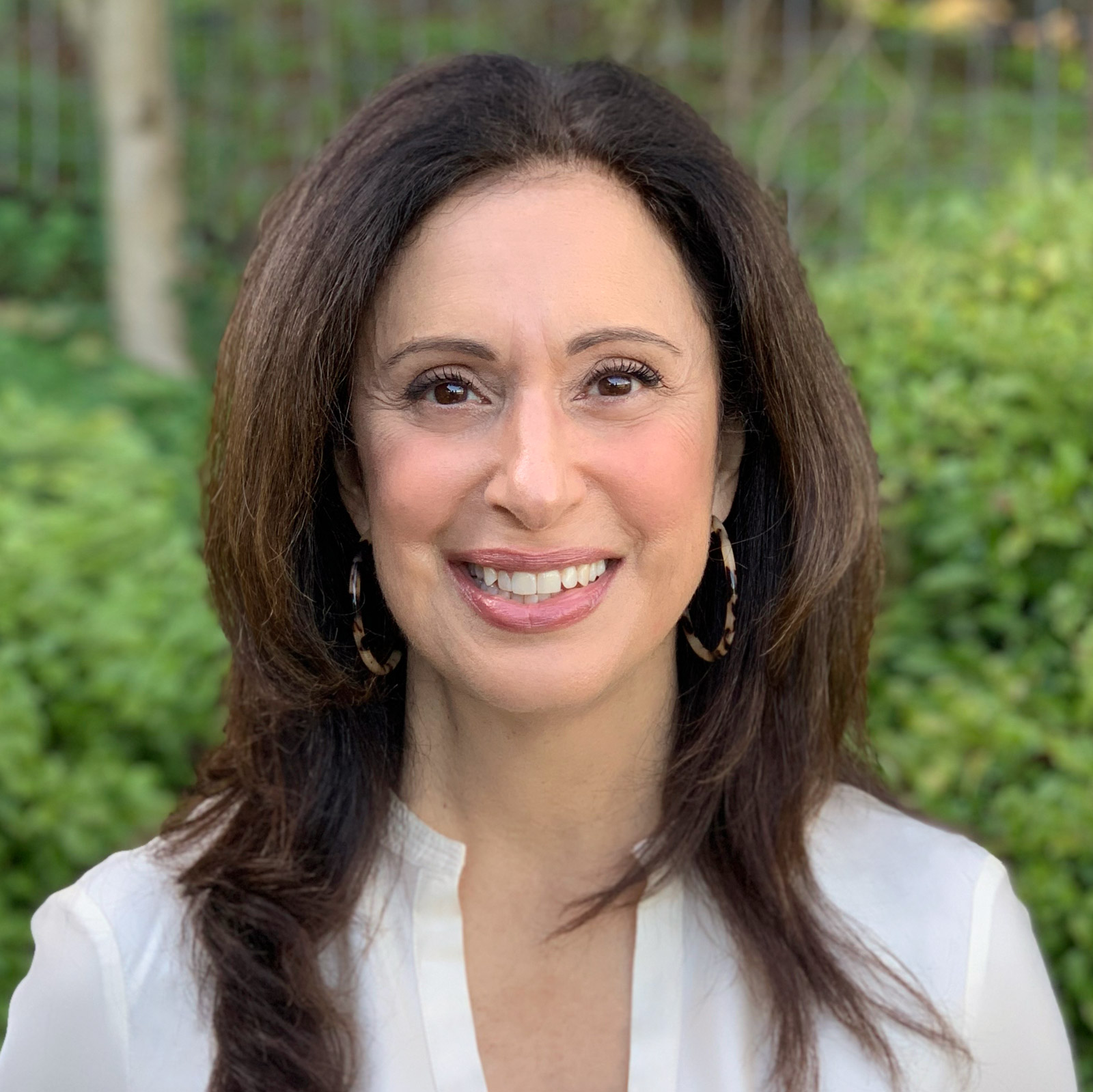After much interest in our interview with The Magic Flute’s co-owner, Tamara Osheroff, many of you wanted to know what happened next. I sat down with her husband and co-owner, Christian Dean, to learn how they’ve actually expanded their business during the pandemic and what advice he has for small retailers to go from surviving to thriving.
[This interview has been edited and condensed.]
How in the world did a tenured political science professor end up buying a music store?
Music and The Magic Flute have been a deeply meaningful part of my life since I was twelve. I bought my first guitar from Michael Mitchell, the founder, and I worked there on and off from high school through graduate school.
About fifteen years ago, Mike invited me back to do guitar repairs part time. At that point, he’d owned the store for thirty years and was ready to retire.
After spending time with him and the team, I realized it would be a significant loss to the community if The Magic Flute closed its doors. If it meant so much to me throughout my life, I knew it meant as much for many more people.
My decision to take ownership of the business was partly a sense of responsibility to supporting our community and the role music plays in it. I was also ready to think beyond my academic career and saw the business as a diamond in the rough.
What was the biggest change you made when you took over?
Michael was more musician and music lover than business manager. Although he established a sound business model of sales, service, rentals, and lessons; he didn’t run a tight ship.
Many of his long-time staff weren’t trained to effectively run a business or meet customers’ needs. I reworked the team to match skills with roles, support performance standards, and provide training and coaching.
The info tech systems were sorely outdated to the point of being almost useless, so I spent time upgrading the back-office technical systems and processes. It’s boring stuff, but any small retailer who wants a viable future has to invest in technology.
We put a lot of energy into making the customer shopping experience more pleasurable and memorable – we refreshed the physical environment and connected with the community by bringing in local musicians for live music events.
What was your first reaction when the shutdown happened?
Sh** is getting real! But we have to be good members of the community and support efforts to slow the spread of the virus.
What was the first thing you did?
We had to lay off most of our staff. Our General Manager Spike our Sales Manager Will, and I manned the store around the clock to answer phones, process phone and online orders, receive rental returns. Thankfully Chaco, our brass and woodwind technician, came in to repair instruments. We made countless free deliveries throughout Marin County.

How did you adapt as you went along? What things did you notice and do?
We always knew answering the phone was important, but with no in-store traffic, it became a key line of communication with customers. Fortunately, we’d launched an ecommerce site the previous fall, which enabled customers to browse inventory and submit orders for purchase or rental online.
We have a VOIP which tracks all phone traffic, enabling us to even call back people who didn’t leave messages.
How were you meeting customer’s demands?
Because of the shutdown, people were home with time on their hands and either taking up an instrument for the first time or relearning an instrument from their past. It was hard to keep certain items in stock because of the supply chain problems and an unusually high demand for things like ukuleles, guitars, and digital pianos.
We had to find additional vendors to fill the gaps and we also realized customers needed the technology to support their new Zoom-based lives, so we started selling microphones, sound processors, and computer interfaces.
How was it affecting your community?
One of the biggest impacts was to the school music programs. There continues to be a great deal of uncertainty and people want to keep their kids playing music. That’s where our idea for the Magic Flute Music Lessons Program originated — how can we help parents keep their kids inspired, motivated, and supported to play music.
Many of our deliveries were to music teachers who were building up their library of method books to support their shift to online lessons. With our studios temporarily closed, they were losing students. The teachers refer students to us for instruments and accessories, so you can see what a mutually beneficial relationship it is.

So, enter the new teaching platform! How does it work?
Even before the shutdown, we knew parents needed help finding the right teacher. Previously, we simply referred them to our independent teacher directory for which teachers pay a nominal fee to be listed. We tried to be fair to all teachers by not making recommendations, but this became a frustration point for parents.
There was an opportunity to bring parents and teachers together in a more meaningful way and design a program as core to our business and not just a courtesy.
The program offers a select list of vetted teachers committed to actively participating in the program. Now we have over twenty teachers across about every instrument category.
We’d recently integrated our point of sale system with the website to allow online booking of private lessons, so it was the perfect time to take that technology investment further.
Now students can view the teachers’ bios and schedules on the website. When the student is ready, they take a $45 paid Trial Lesson. If they wish to continue, they purchase a four-lesson pack. Our program manages the marketing, advertising, booking, and payments, so that the teachers can enjoy focusing on what they do best.

How is it going – what have you learned?
We sign up new students weekly and about eighty percent of those who take trial lessons continue with monthly subscription.
We also realized the new platform can be leveraged to book our studios when we go back to in-person lessons. And with virtual lessons no longer being geographically constrained, we can expand access to more teachers.
The technology has been huge in growing our business without adding one square foot.
What’s your most important piece of advice for small retailers trying to adapt to the new retail world?
You have to become interested in understanding how technology can support and improve core functions of your business. It’s easy to avoid it or feel intimated, but it will move you out of “pandemic survival mode” and into future success.
This was all true prior to the pandemic, but it’s mission-critical now. There’s really no reason why a small brick and mortar business can’t offer customers an experience that is not only price-competitive with the big outfits, but is also a better value. Technology helps you level the playing field.









